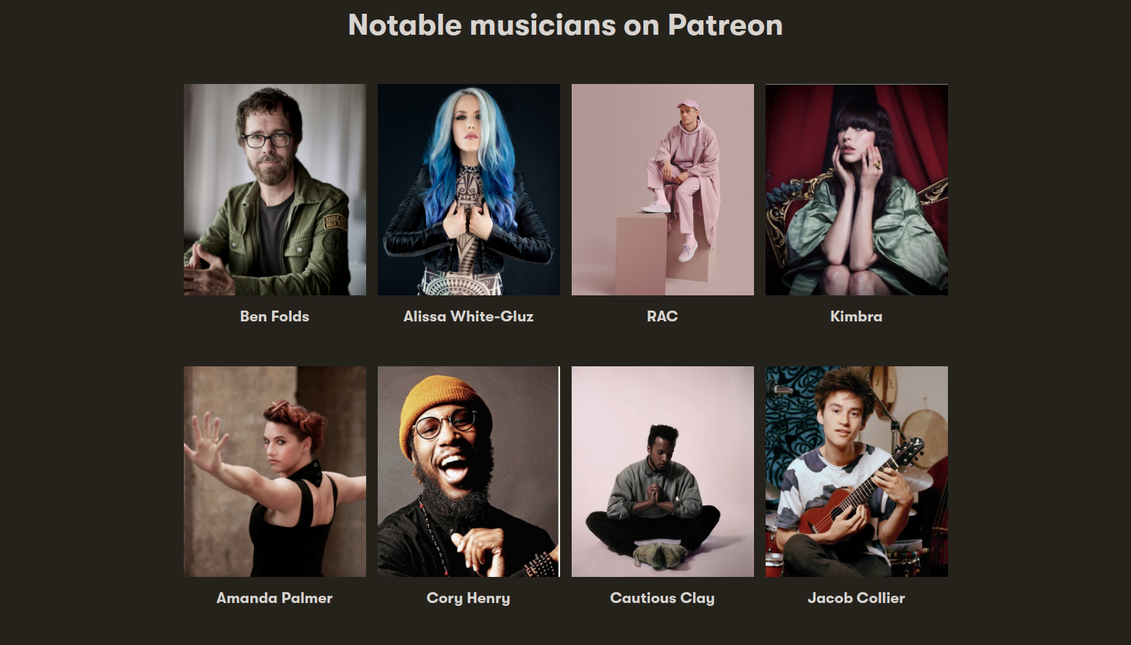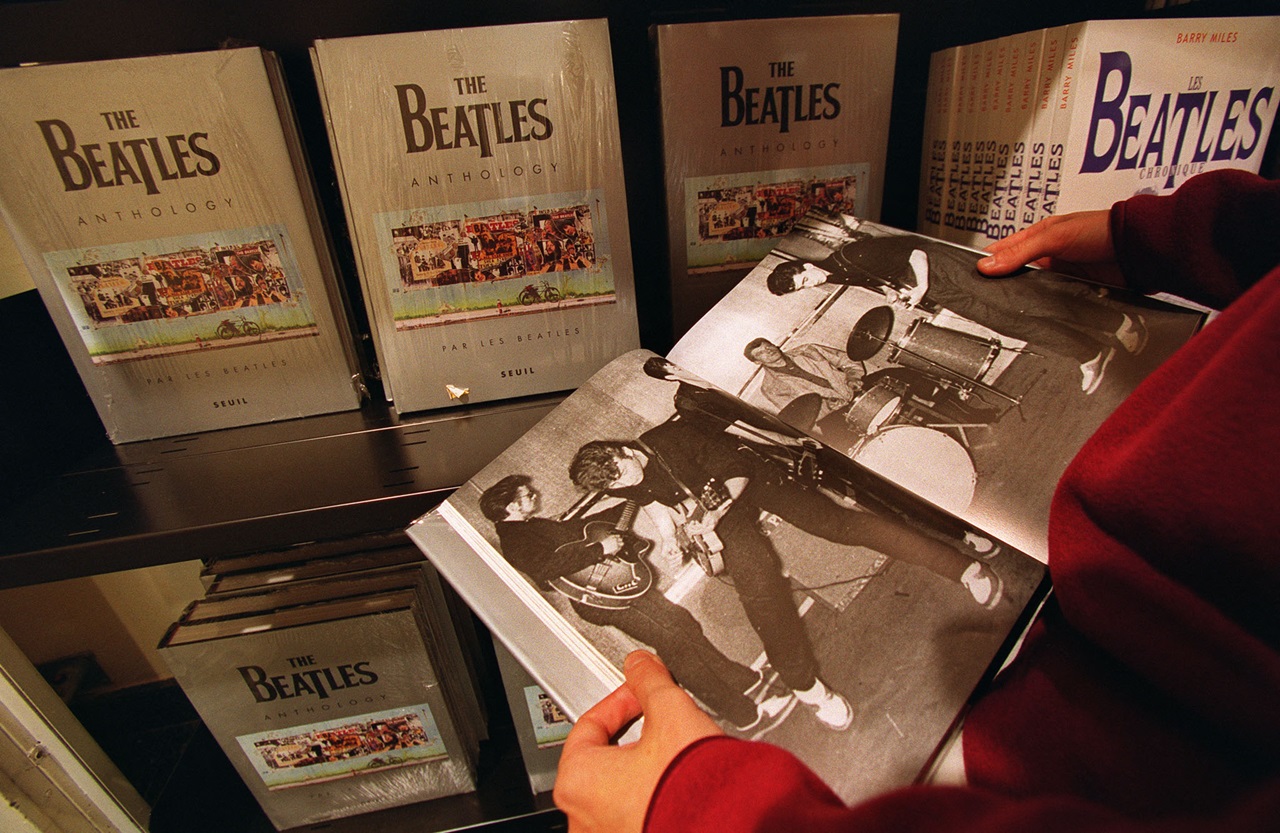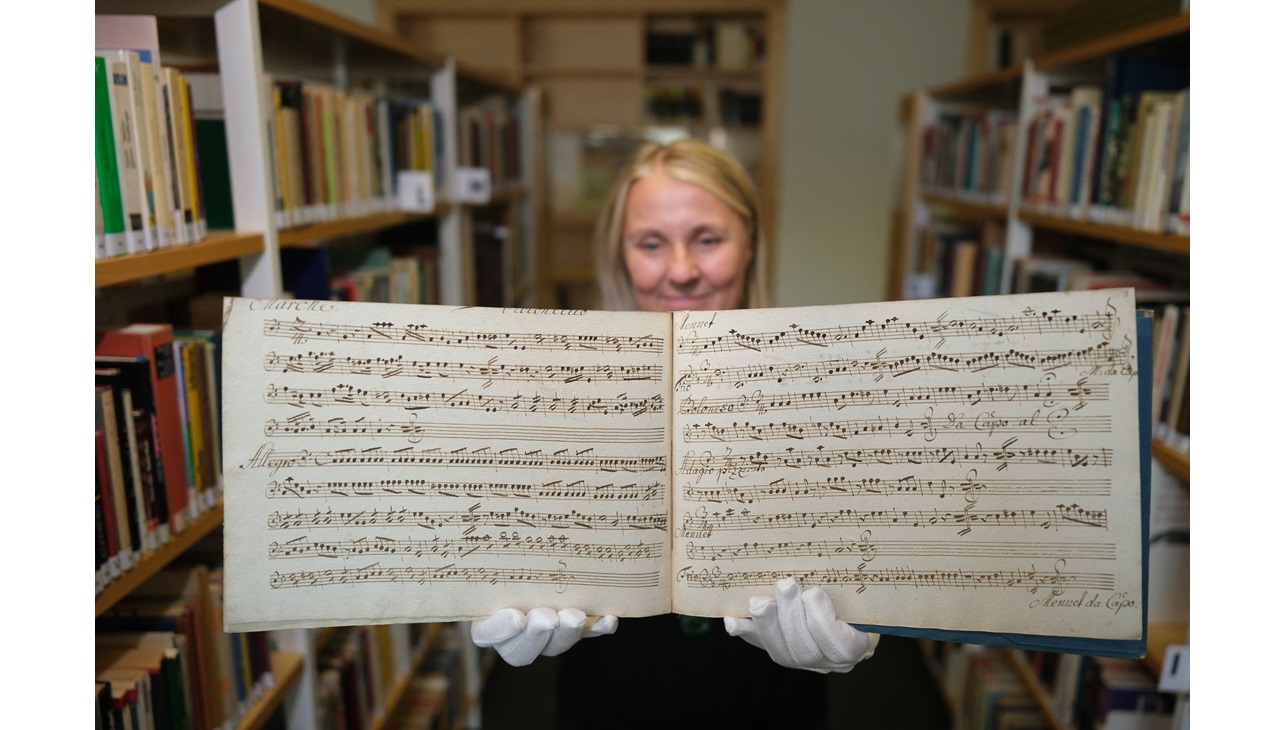
Musicians on Patreon: Will e-begging reach the Latino market?
The billion-dollar crowdfunding giant expands its locations and adds Spanish-speaking creators.
Despite the lack of transparency and available data of the famous crowdfunding firm Patreon, founded by the couple Jack Conte and his wife Natalie Dawn in 2013, the opening of a headquarters in Berlin, Germany, and its venture into the Spanish market have been perceived as a symptom of its next phase of expansion.
Following the tendency of new on-demand streaming platforms, Patreon has put its eyes on incipient markets after the pandemic.
Similarly, new digital business models are looking towards new continents in which to mutate their cultural landscape. This could be the first phase in moving into the Spanish-speaking market.
The truth is that the company is currently an empire valued at one billion euros. It operates with more than one hundred thousand creators who provide content for more than two million people that contribute through digital tips — between $1 and 12, of which the company keeps 10%.
Among the most popular names on Patreon are the rapper M.I.A., Amanda Palmer, and Einstürzende Neubauten.
Of course, the micropayments system has swept through various American artistic models, giving loyalty beyond crowdfunding and offering the mediatized intimacy of the networks in a very personal way.
This business model has worked for both artists and sex workers. Even well-known actresses like Bella Thorne joined the platform in another famous sex content crowdfunding site called Onlyfans.
The music scene's transformations, which have thinned out producers and promoters due to the lack of concerts and live performances, leave creators more alone than ever.
Not only from a business perspective but also from an institutional one.
RELATED CONTENT
In the absence of large industry and state schemes, independent publishers and small labels are forced to rely on the "small donations" system.
Just as it happened during the YouTubers' boom — when content creators discovered that they could not live on advertising or sponsorship alone — it seems that the music scene is at the same crossroads about its future.
Thus, a good idea to provide independent resources becomes the perfect marketing device to monetize content. The company needs only to take away intermediaries' role that both the production companies and the old social networks could have had before.
But perhaps we should reconsider who the real customer is in this business model.
The music industry's problems converge with Nate Hoffelder's predictions in The Digital Reader. In his article, he pointed out that the rise of e-begging went hand in hand with the company's own pressures on the stock market to increase its profits.
The Patreon platform was on the horns of a dilemma with its investors, forcing it to either increase its share or look for new niches.
With the opening of venues and the conquest of Spanish-language singers — especially from the world of reggaeton and rap — and Latino podcasts, only time will tell whether e-begging will work in Europe and Latin America.
It also remains to be seen whether donations will eventually become the only way to maintain a bubble incompatible with the pandemic scenario.











LEAVE A COMMENT:
Join the discussion! Leave a comment.